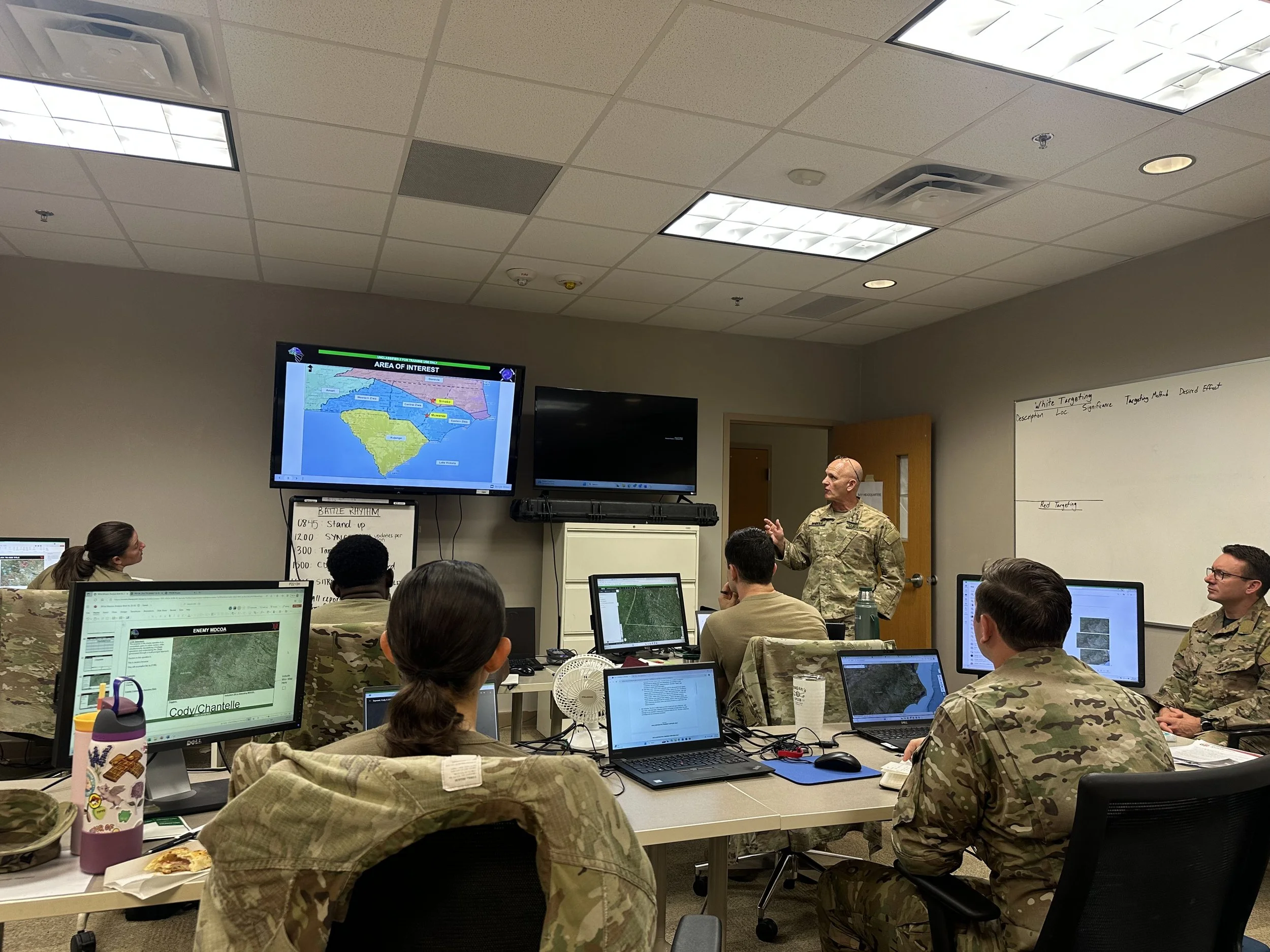Participating alongside 100+ global social entrepreneurs and changemakers, Motive formed a civilian-military team and participated in a 2-day virtual Impactathon August 21-22, 2020, taking second place among 25 teams for the most innovative approach to addressing extreme poverty.
Hosted by the NGOs Innov8Social and Join the Journey, the Impactathon challenged teams of participants to produce a social enterprise business model in less than 48 hours that could contribute to the UN Sustainable Development Goal #1 to end poverty in all forms by 2030.





